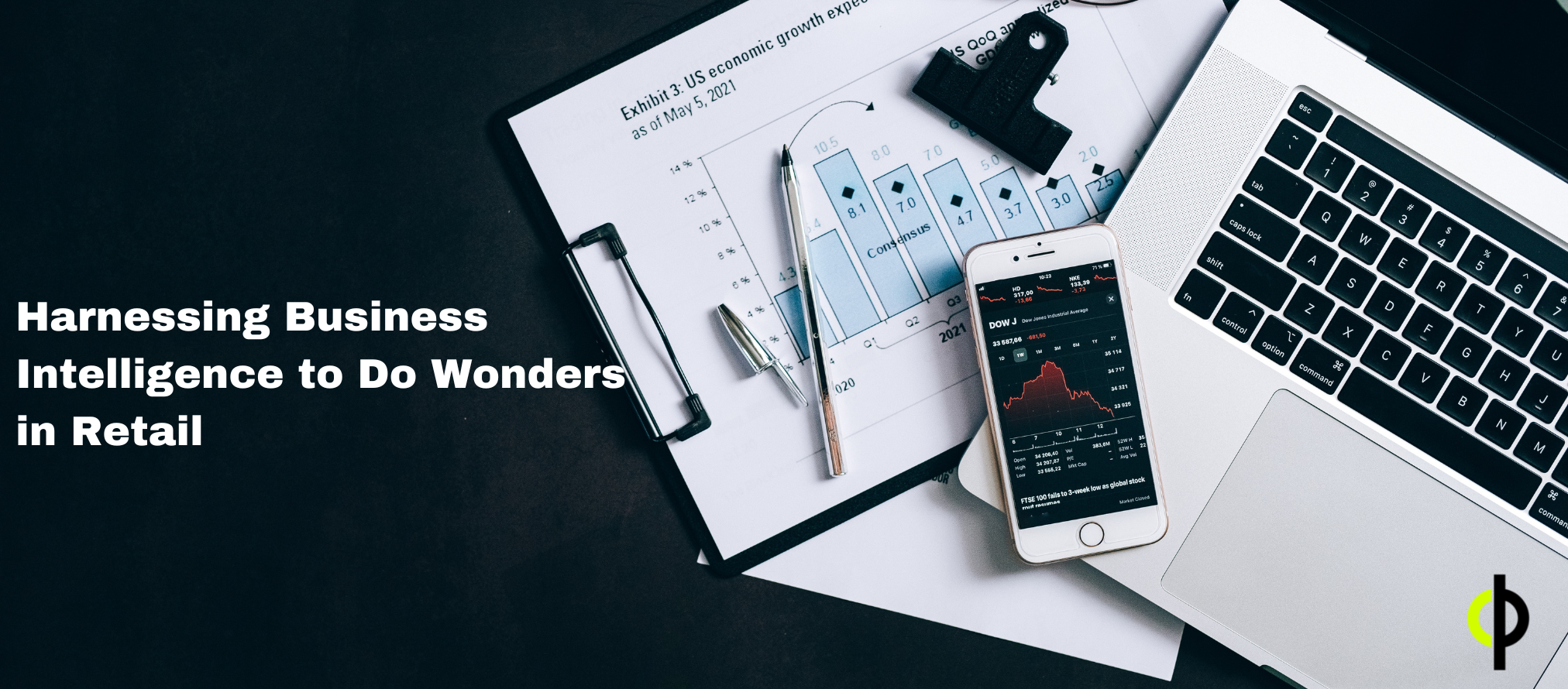
The retail market is fast-paced and super competitive with continuous evolution taking place worldwide. Various retail business firms come up with advanced technologies to ensure that customer retention and customer engagement concerns are addressed.
Gone are the days when we saw the customers’ data as records and evidence of the purchase. Today, you can transform the customer’s data, sales data, and other qualitative purchase information into useful marketing or business growth strategies with Business Intelligence.
Read further to know how Business Intelligence can track shopper behaviour, enable personalised experiences and enhance customer loyalty in the retail segment.
Challenges faced by Traditional Loyalty Programs
The traditional concept of a customer loyalty scheme is no more a cup of tea for retail businesses. Though the customers appreciate points-based loyalty programs, the chances of them redeem the points are very less.
The Customer Relationship Programs that many businesses run still fail to maintain an appreciable pace with the changing mindset of the customers. Buyers expect timely and relevant experiences, with modern science and technology, where they rate businesses based on the ability to read their minds.
People now prefer stores that deploy Business Intelligence-driven solutions to reap the best retail shopping experience.
Business Intelligence will Transform Retail
Elements like relevance, customer satisfaction, and personalization key contributors to brand loyalty. Retailers choose to capitalize on innovative technologies such as Computer Vision and Artificial Intelligence to enhance the customer experience.
Vision Intelligence helps retailers to tackle their retail store pain points and transform the customer experiences by providing critical insights obtained from visual data that CCTV cameras throw up. By capturing, understanding and analysing the environment in real time it empowers quick decision making as well as a collection of contexts, meaningful data that can be invaluable in retaining customers and gaining an edge over competition.
Business intelligence can monitor how the users interact with the stores, and the data can help the businesses to stimulate the customer shopping experience. For instance, a customer might gain suggestions based on the items they viewed recently, or how much time they spent on gauging an advertisement.
Business intelligence practices can let businesses find relevant information and insights about consumers to make refined business decisions.
Expanding Outreach to Customers
E-commerce lets retailers implement efficient decisions that rely on customer behaviors with business intelligence. Businesses can adjust the prices, or the merchandise they offer, to allow real-time data monitoring.
Brick-and-mortar stores can also use Business Intelligence to maintain a balance between both in-store and online stock to offer affordable shipping options, like buy online or pick up from the store.
Nowadays, most physical stores expand their outreach to customers across all channels to improve the brand experience. Business intelligence methods can also predict when the products might run out of stock so that the retailers can order the items in advance and make location-based decisions for merchandising.
A Range of Benefits
The AI vision gives customers a personalized shipping experience with effective marketing campaigns, customer behavioral analysis, customer service analytics, customer product interaction, demographic intelligence, and many other features.
Here are the benefits of using Business Intelligence in the retail segment:
- Demographic Intelligence
Businesses can analyze the physical locations of the buyers, find the products, websites, etc. through email campaigns or referrals. Location intelligence also helps businesses to make recommendations as per the locations and user preferences, to facilitate better audience targeting.
- Monitor Customer Spending Habits and Buying Behavior
Customer loyalty programs can help retailers track customer behavior and spending patterns. As per the research, 52% of customers will join a customer loyalty program once it is offered. Loyalty programs can retain customers easily and help businesses generate user reviews. For instance, the loyalty program of Marriott includes benefits like VIP upgrades, members-only rates, free mobile app check-in, etc.
- Provide Personalized Shopping Experiences
About 89% of businesses say that the customer experience is a key aspect to drive customer loyalty and retention. With retail intelligence, retailers get insights to improve purchasing experience, packaging, organizing, and the complete delivery of the products. Retailers can also track dwell time, ie. the time the user spends and interacts with your store.
- Track Social Media Behavior
With business intelligence, companies can use the information to analyze sales and brand performance. Retail businesses can assess the Social media sentiments to track how the products score in the minds of consumers.
Business Intelligence is an effective tool you can use to recommend the products or the product promotions to the buyers based on their social sentiment and past purchase behavior. It helps your business drive profitability, with the personalization and precise customer analytics model.